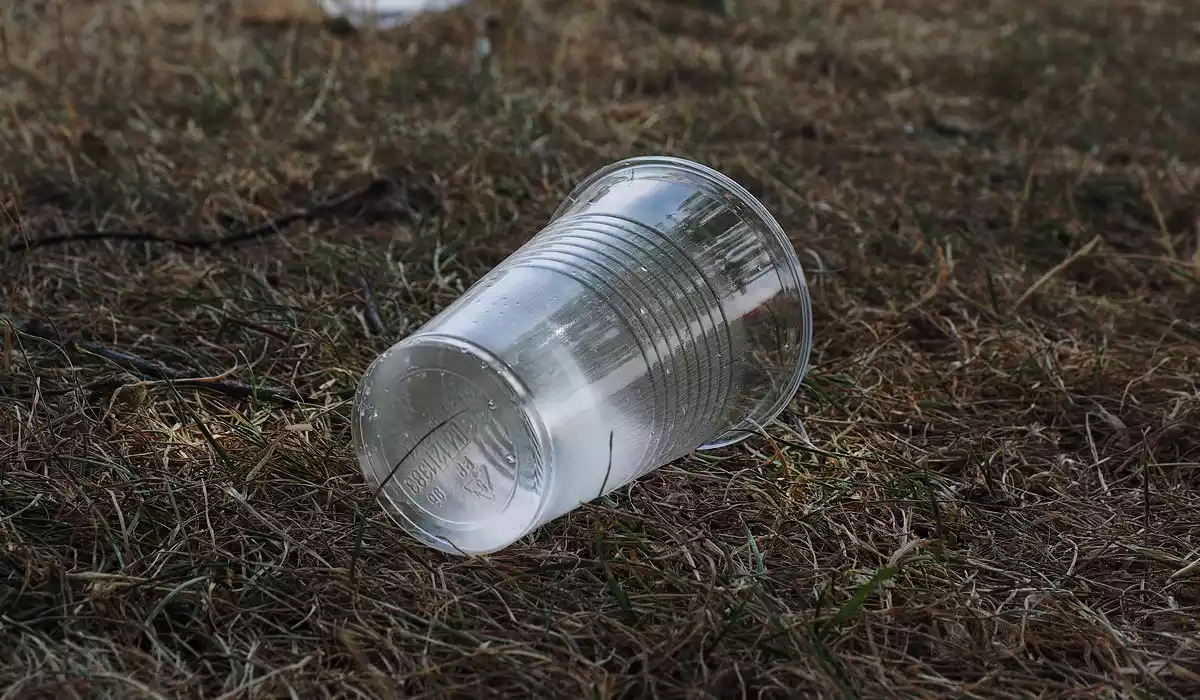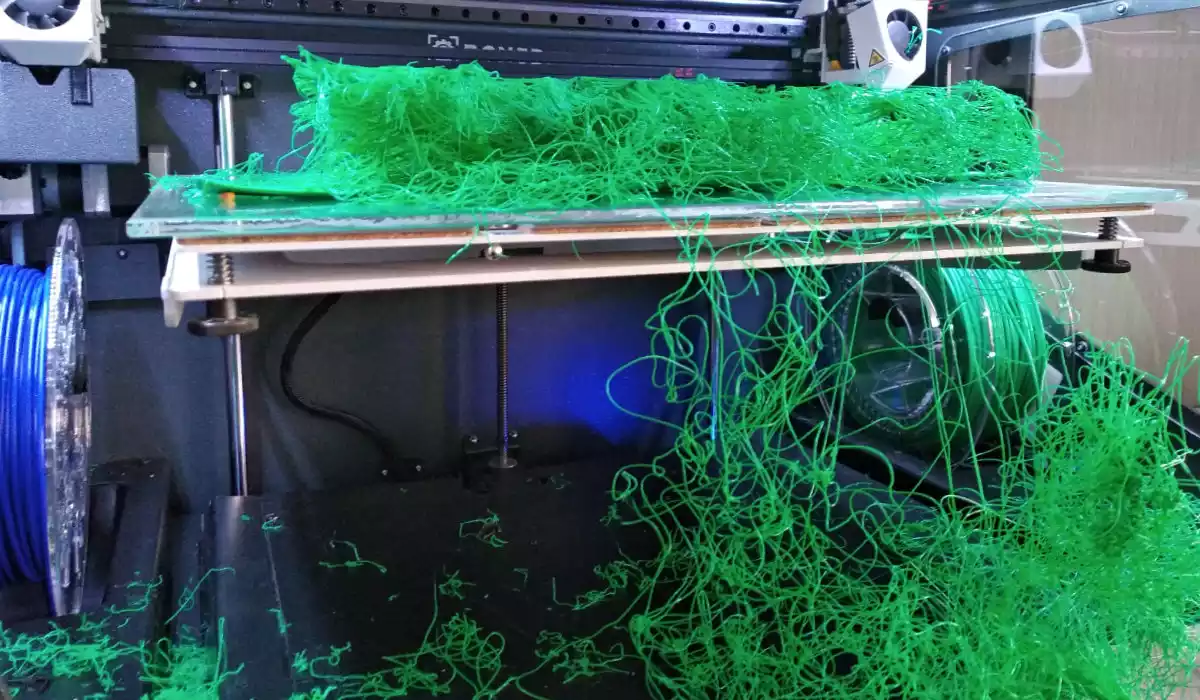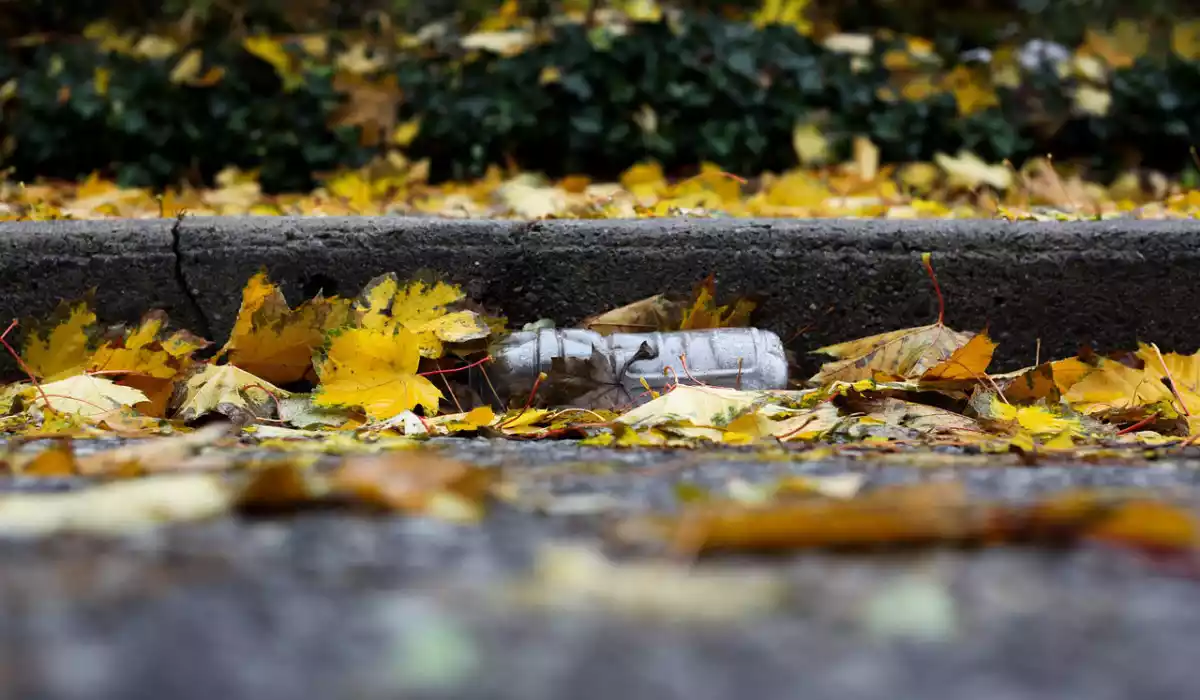Plastics play a key role in the modern world. They are used practically everywhere, from packaging to car parts. Unfortunately, many of them, such as polyethylene, polystyrene, ABS (acrylonitrile butadiene styrene), PET (polyethylene terephthalate) and polyamides, are not biodegradable or compostable.
Fossil fuel-based plastics, such as polyethylene, polystyrene, ABS, PET and polyamides, are synthetic polymers made from raw materials mainly derived from petroleum. In the manufacturing process, these molecules are combined into long molecular chains that give plastics their properties.
Microorganisms, such as bacteria and fungi, responsible for biodegradation and composting, are unable to break down most of these synthetic materials. Their long polymer chains are too stable and complex to be processed by microorganisms. As a result, these plastics are neither biodegradable nor compostable.
„Forever plastics” are plastics that persist in the environment for hundreds or even thousands of years. Their long-term presence leads to soil, water and air pollution, affecting ecosystems, animals and plants. Poor management of this waste can also affect human health. It is worth mentioning that there are ecological alternatives to fossil fuel-based plastics. Biodegradable plastics, such as polyactide (PLA) or polyhydroxyalkanoates (PHA), are made of plant raw materials and biodegrade under appropriate conditions. Although they still represent a small part of the plastics market, their development can contribute to reducing the negative impact on the environment.
Synthetic plastics based on fossil fuels are not biodegradable or compostable due to their durable and complex chemical structure, which makes them resistant to decomposition by microorganisms. Thus, they pose a serious threat to the environment and human and animal health. The promotion and development of alternative, biodegradable plastics can help reduce the negative impact on our planet. However, achieving this goal requires collaboration between scientists, producers and consumers to jointly strive for more sustainable and environmentally friendly solutions.
Photo: www.pixabay.com (Creative Commons Zero (CC0) license – „CC0 Content”)


